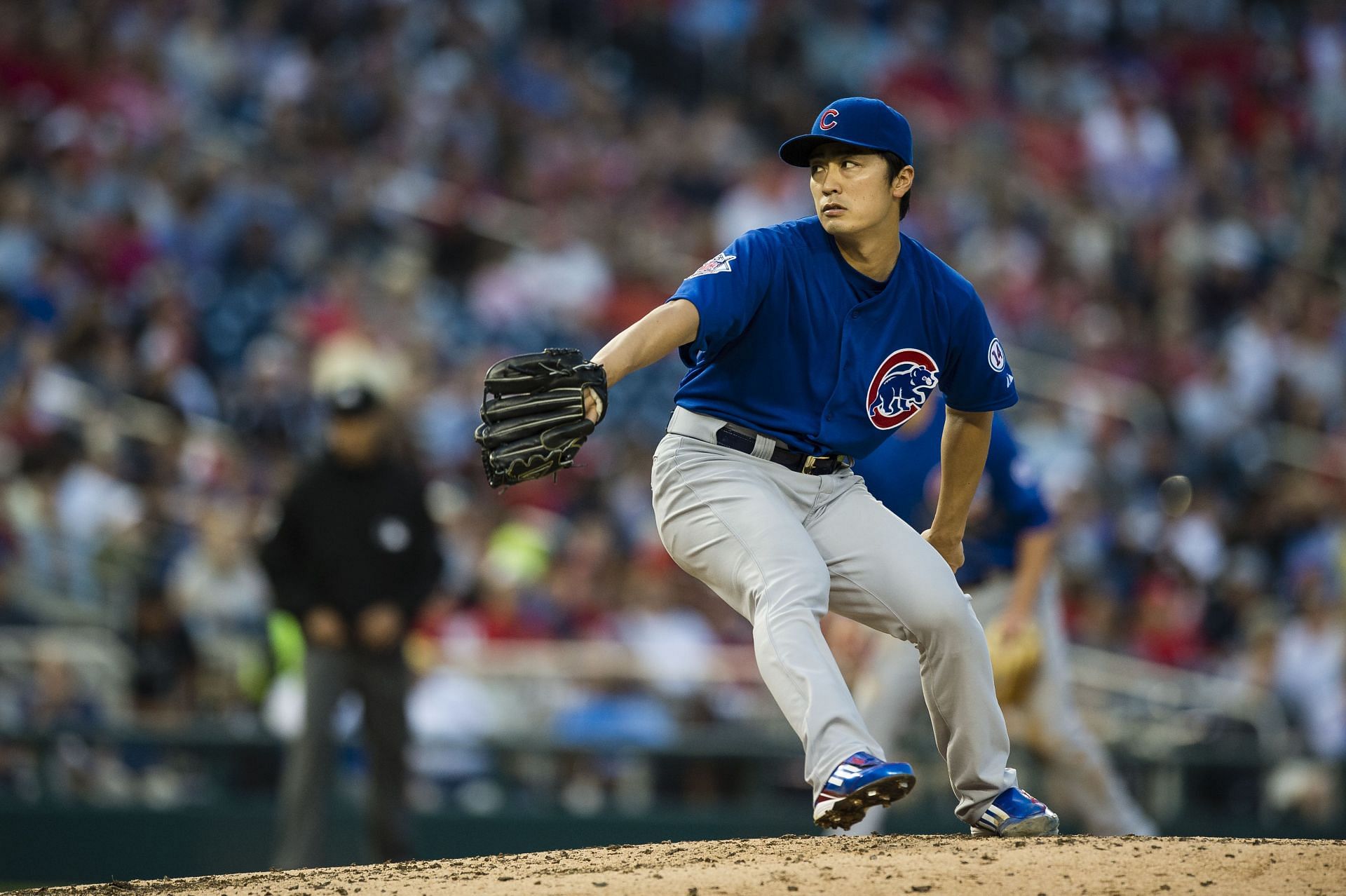
5-time NPB champion and ex-MLB hurler Tsuyoshi Wada announces retirement after stellar 22-year career
NPB All-Star and former MLB pitcher Tsuyoshi Wada has officially retired from professional baseball. Japan Series runner-up Fukuoka SoftBank Hawks announced that the pitcher is stepping away from the game after a trophy-laden 22-year career.
Wada made his debut with the then-Fukuoka Daiei Hawks in 2003. He stayed with the club until 2011. He was then signed by the Baltimore Orioles of the MLB to a two-year contract. However, he underwent Tommy John surgery and missed the entire 2012 campaign. He only played for the Orioles' system in Triple-A Norfolk before being signed in 2014 by the Chicago Cubs.
In the north side of Chicago, Wada spent two seasons and compiled a record of 5-5 with an ERA of 3.36 and 88 strikeouts across 101 2/3 innings, ending his MLB stint.
The lefty made his triumphant NPB comeback in 2016 with his former team, the SoftBank Hawks. That season, he won the most games as a pitcher and the best win percentage on the mount after posting a 15-5 record with a 3.04 ERA and 157 strikeouts.
In his 22-year professional career, Wada has an impressive trophy cabinet that includes five Japan Series titles (in three different decades), six NPB All-Star selections, a Golden Spirit Award, a Pacific League Rookie of the Year Award and a Pacific League MVP Award in 2010.
Tsuyoshi Wada's final NPB stat line is a 160-89 record, 3.18 ERA and a franchise-leading 1,901 strikeouts.
Fukuoka SoftBank Hawks drop NPB Japan Series to Yokohama DeNA BayStars
In what was arguably the biggest upset in Japan Series history, the consensus choice to-be champion Fukuoka SoftBank Hawks surrendered the title to the Cinderella team Yokohama DeNA BayStars.
The Hawks won the first two games on the road; however, a meltdown of biblical proportions occurred as the team went on a Japan Series record 29 scoreless innings. This rut enabled the Yokohama DeNA BayStars to win four straight games to claim the championship.
In terms of statistical disparity, the Hawks also became the best club, in terms of WAR, who lost to a much inferior opponent after wasting away a 24.2 WAR advantage.